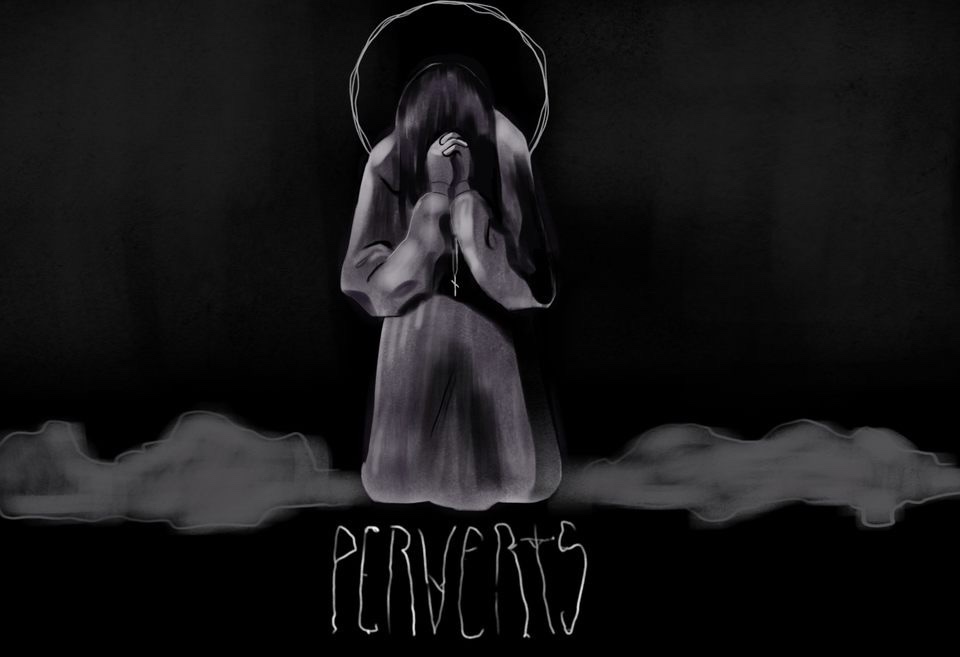Anton Chekhov’s demands are met, not conquered in UVM’s production of “The Sea Gull,” which premiered Feb. 18 at the Royall Tyler Theater.
Chekhov’s Sea Gull is a story of dreams and disappointments, illusions and the disillusionment that is bound to follow.
With its sarcasm, sadness and bad weather, it seems like a well-chosen play for the snow and slush of February.
The play takes place in the provinces of Russia in the late 1800s. Its characters include artists and their worshipping followers, servants, a schoolmaster and a single doctor, who seems to be the only one fixed in a stable reality.
Nearly every character seeks something unattainable or impossible, believing something bright and holy will release him or her from misery.
For some, this is a lover or adventure and for others art and fame serve as their savior.
Chekhov’s plays are never easy on their players.
A master of subtlety and sub-text, he demands that his actors find humor in the face of tragedy and discover the many moods and features of even the most seemingly ordinary or one-track character.
In short, an actor must know more about his or her character than Chekhov has given them.
The actors of “The Sea Gull” succeed at bringing out certain facets of their designated characters.
Boris Alexeyevitch Trigorin, a writer played by Joshua Clarke, is portrayed as a character both shy and passionate. The audience felt that there was more to him than could ever be seen on the stage. In other words, he felt human.
Molly Dowd Sullivan, who played Masha, expressed both the pathetic comedy and the deep sadness of her character – her binary portrayal of Masha rendered the sympathy and disapproval of the audience.
Madame Trepleff, an actress played by Leandra Brixey, was captured in her drama, anger and desperation.
Paige Kelley, who played the sweet Nina, seemed an appropriate choice for the part and by the end the viewer ached for poor Constantine, the man who loved her, played sympathetically by Matthew Trollinger.
Perhaps some of the best-executed performances were on the part of the minor characters.
Bretton John Reiss, who played the part of the elderly and comical Peter Nicolayevitch Sorin, was consistent and wholly believable.
Carter Beidler, who played his steward, was also rather impressive, proving the old saying true – there are no small parts, only small actors.
Regardless of the positive attributes of this performance, one couldn’t help but hope for more. The problem with Chekhov plays, it seems, is that if the actors cannot execute every moment perfectly, they become redundant.
Too many times, an actor couldn’t bring enough variation to a monologue couldn’t express the entire history of emotions that Chekhov inevitably demands.
The lighting effects for this production were spot-on without being flamboyant or obvious. Small effects such as these were able to shift the focus from one character to another without making it to clear to the audience that this was, in fact, the desired effect.
Overall, UVM’s production of “The Sea Gull” was moving and powerful, but left room for improvement.

















